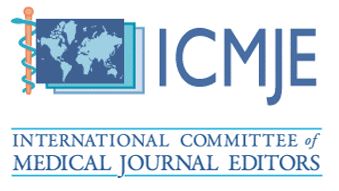Periodontal Treatment Improves Dyspepsia Caused by Erosive Gastritis: A Case Report
Irineu Gregnanin Pedron1*, Thais Cordeschi2, João Marcelo Ferreira de Medeiros3 and Luciano Mayer4
1 Professor, Department of Periodontology, Implantology, Stomatology, Integrated Clinic, Laser and Therapeutics, Universidade Brasil, São Paulo, Brazil.
2 Professor, Department of Pediatric Dentistry and Cariology, Universidade Brasil, São Paulo, Brazil.
3 Professor, Department of Endodontics, Universidade Brasil, São Paulo, Brazil.
4 Professor and Head, Department of Periodontology, Implantology, Oral Surgery, Dental Prosthesis and Laser, AGOR, Porto Alegre, Brazil
*Corresponding Author: Irineu Gregnanin Pedron, Professor, Department of Periodontology, Implantology, Stomatology, Integrated Clinic, Laser and Therapeutics, Universidade Brasil, São Paulo, Brazil.
DOI: https://doi.org/10.58624/SVOADE.2024.05.0163
Received: November 30, 2023 Published: January 02, 2024
Abstract
Dyspepsia is a condition resulting from problems related to poor digestion and changes in the sensitivity of the stomach mucosa. It is usually related to diseases such as gastritis, gastroesophageal reflux disease, peptic ulcer and neoplasms of the upper gastrointestinal tract. Dyspepsia is strongly related to the presence of Helicobacter pylori bacteria. Dyspepsia is characterised by pain, pyrosis (heartburn or a burning sensation), anorexia (loss of appetite), abdominal distention, gastric bloating, eructation, flatulence, nausea and a feeling of satiety. Fantogeusia (bitter taste) and halitosis can also be observed. The purpose of this article is to present the case of a patient with dyspepsia caused by erosive gastritis. After periodontal treatment and control of the periodontal disease, an improvement in the symptoms of dyspepsia was reported.
Keywords: Dyspepsia; Stomach Diseases; Periodontal Diseases; Periodontal Treatment.
Citation: Pedron IG, Cordeschi T, de Medeiros JMF, Mayer L. Periodontal Treatment Improves Dyspepsia Caused by Erosive Gastritis: A Case Report. SVOA Dentistry 2024, 5:1, 01-06.











